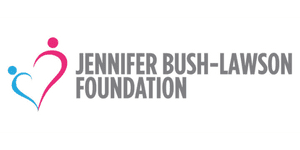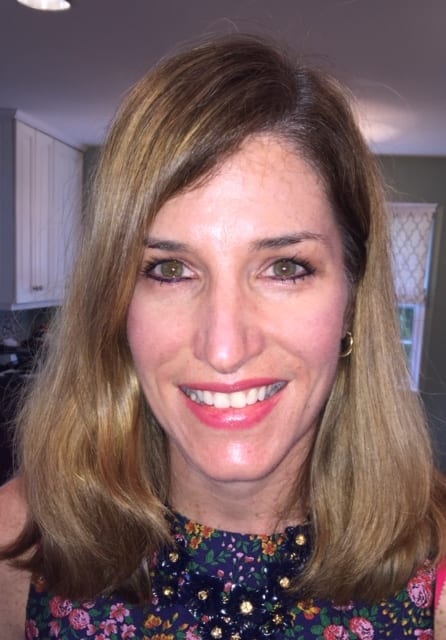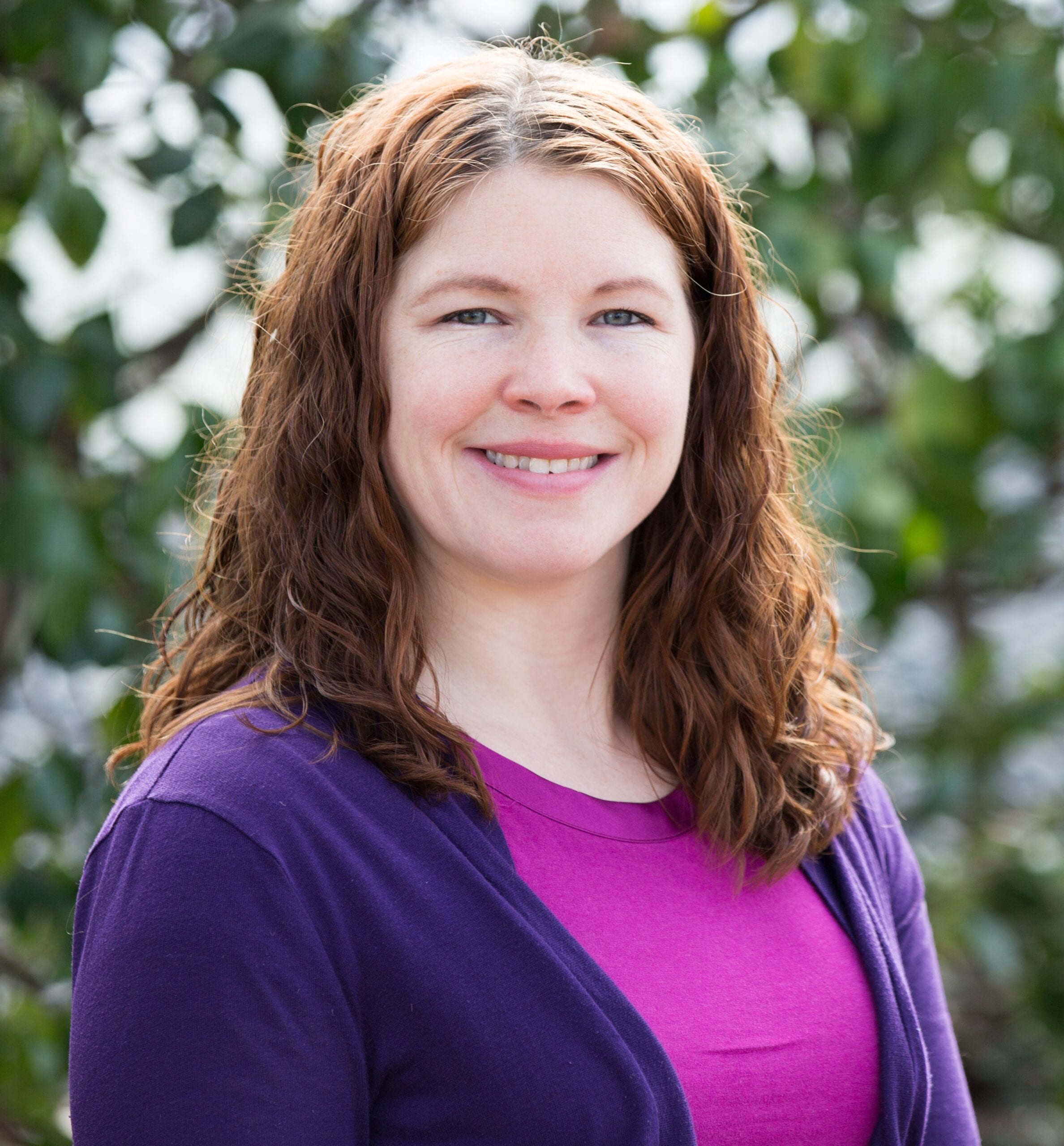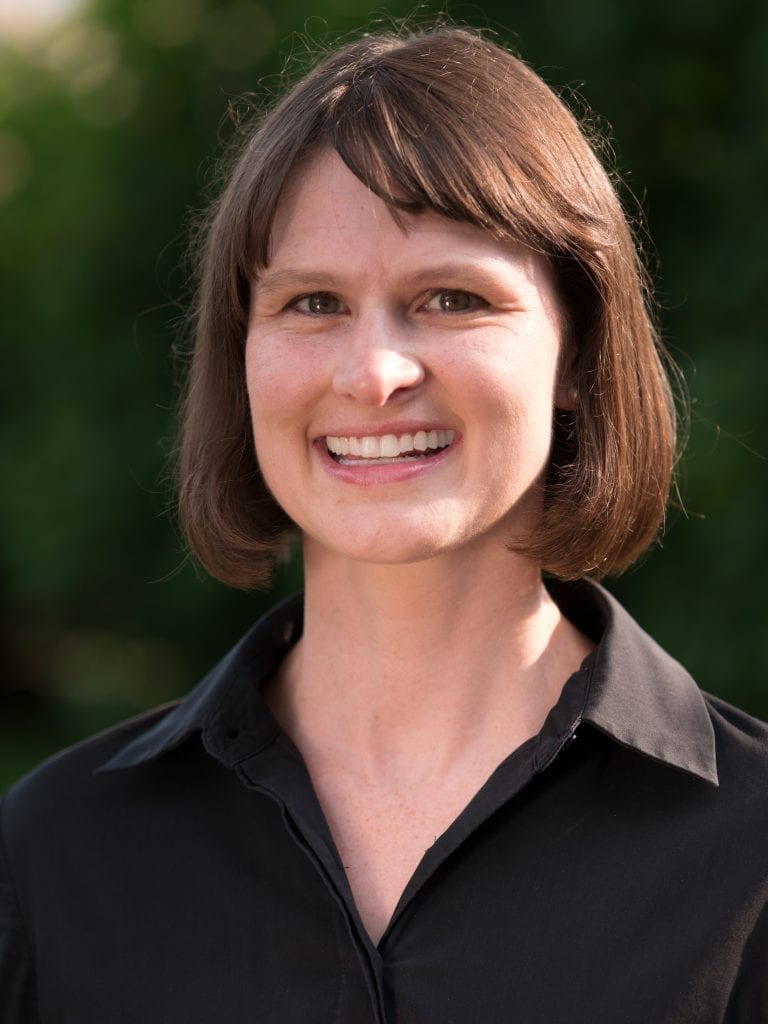1 in 3 babies in Arlington does not get seen by a healthcare provider during the first trimester of pregnancy.
By Lindsey Hill, Intern
This earliest phase of pregnancy contains the highest number of essential developmental milestones for both mother and baby. During this period, the baby’s organ systems and body structure develop, even tiny miracles as small as fingernail growth occur. As you can imagine, prenatal care, especially in the first trimester, is vital to both the pregnant mother and the development of a healthy baby.
According to the Virginia Department of Health, the percentage of women in Arlington seeking a healthcare professional in their first trimester remains relatively low. In 2018, only around 60% of expectant mothers in Arlington sought care in this critical period. While low-income pregnant women face the difficulties of being underinsured and finding or qualifying for healthcare programs, they also experience obstacles to care including transportation issues, lack of providers, language barriers, childcare needs, and the consequences of missed work. As much as these moms want to get the best possible care for their babies, countless roadblocks often stand in their way.
Why is needing care in the first trimester of pregnancy so important? Healthcare appointments in the earliest stage of pregnancy include physical exams and prenatal tests for mom and screenings to assess the health of the baby. These appointments help determine, find, and if necessary, prevent any foreseen problems or complications with the pregnancy. Expectant mothers also learn crucial information about their pregnancy as well as have the opportunity to ask their provider any questions they may have. Increasing the number of women who receive these early stages of care can reduce the likelihood of complications during pregnancy and childbirth, but the longer this care is prolonged, the more health risks the mother and unborn baby face.
The Jennifer Bush-Lawson foundation strives to serve the economically vulnerable mothers and infants of Arlington by giving them a fair start at life through access to quality pre and postnatal healthcare and support. We envision a community where every mother and newborn child receives the support they need to thrive– regardless of race, color, creed, or economic status. This is accomplished through innovative programs such as the tele-health project that increased monitoring access for pregnant women who do not have the option to take time off work or travel for frequent medical appointments.
Care in the first trimester is critical for expectant mothers. The Jennifer Bush-Lawson Foundation is driven to provide women with more access to first trimester care as well as education about their pregnancies. Affordable healthcare is not always easily accessible, but coming to better understand the various barriers mothers face, we hope to better serve the community.





